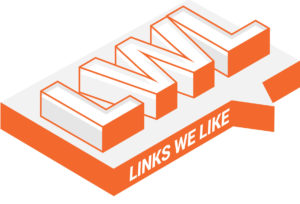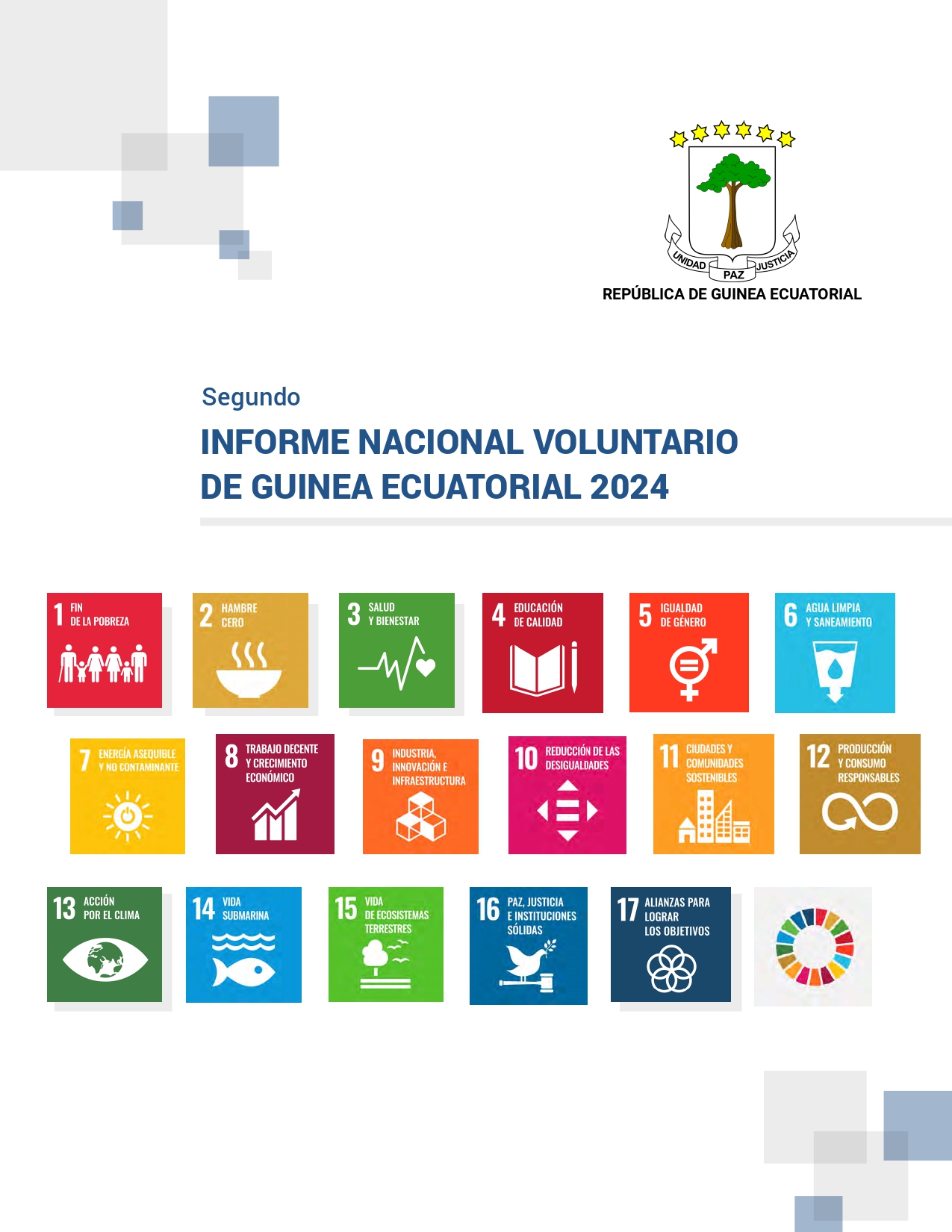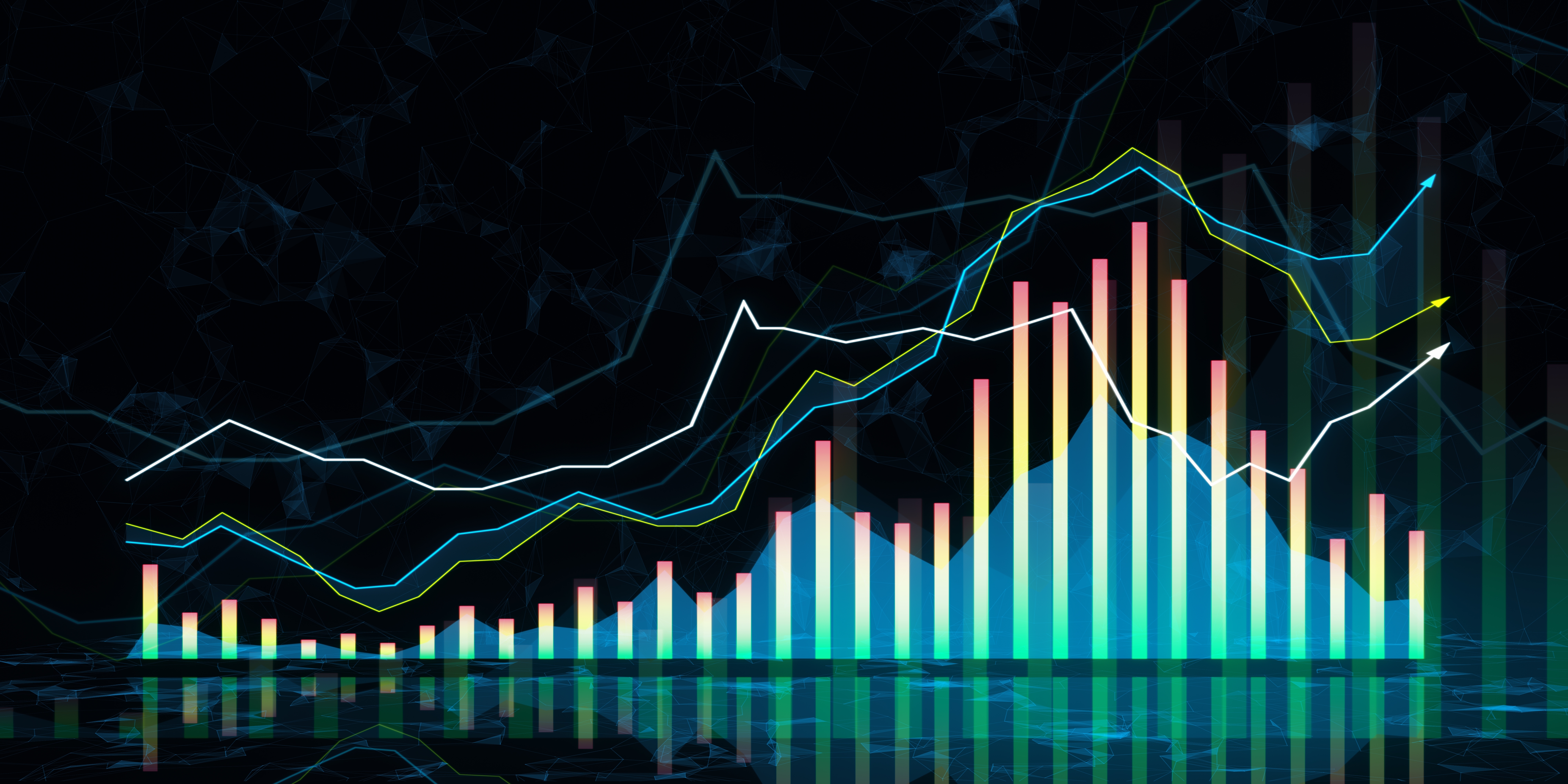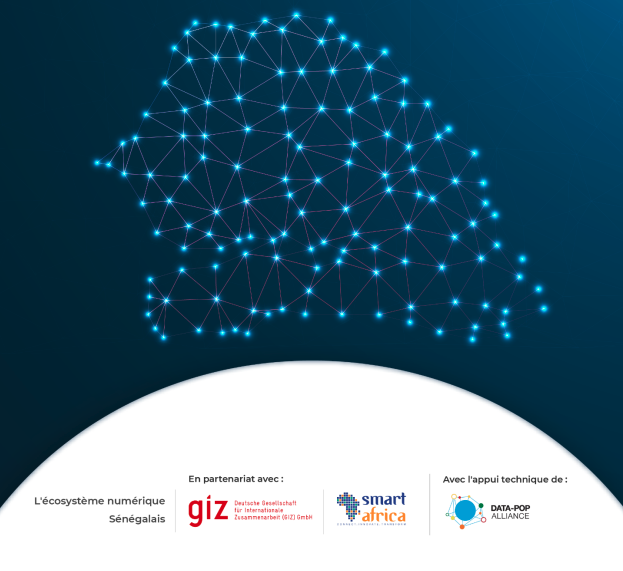LINKS WE LIKE #1

Here’s a quick compilation of a few links we like and want to share with you:
- Compelling article by Charles Kenny of The Atlantic: “2015: The Best Year in History for the Average Human Being”. Violence dominated the headlines this year. But by many measures, humanity is in better shape than it’s ever been.
- Jeffrey Sachs writes for The Boston Globe about COP21: “The Paris agreement, diplomacy, and the common good”. In the end, it’s all about diplomacy.
- When something is free, it means you’re the product. TechStuff’s podcast on “The Evils of Data Tracking”. Codebreaker’s Ben Johnson joins the show to talk about data tracking. What is it used for? What’s the best case scenario? And what happens when it goes wrong?
- Test your SDG knowledge with this online quiz from The Guardian: “Sustainable development quiz: what do you know about the global goals?”
- On archive capacities for local and cloud data storage by Tom Coughlin for Forbes: “Storage for the Next 5,000 Years”.
- “Developed” and “Developing” classifications going out of style? “Is the term ‘developing world’ outdated?” by Tariq Khokhar and Umar Serajuddin for the World Economic Forum.
- New York City amasses data on habits, health, and security of its citizens to cope with spiraling growth. “As World Crowds In, Cities Become Digital Laboratories” by Robert Lee Hotz for The Wall Street Journal. Across hundreds of wavelengths of light, they are recording the rhythmic pulse of a living city, just as astronomers capture the activity of a variable star.



